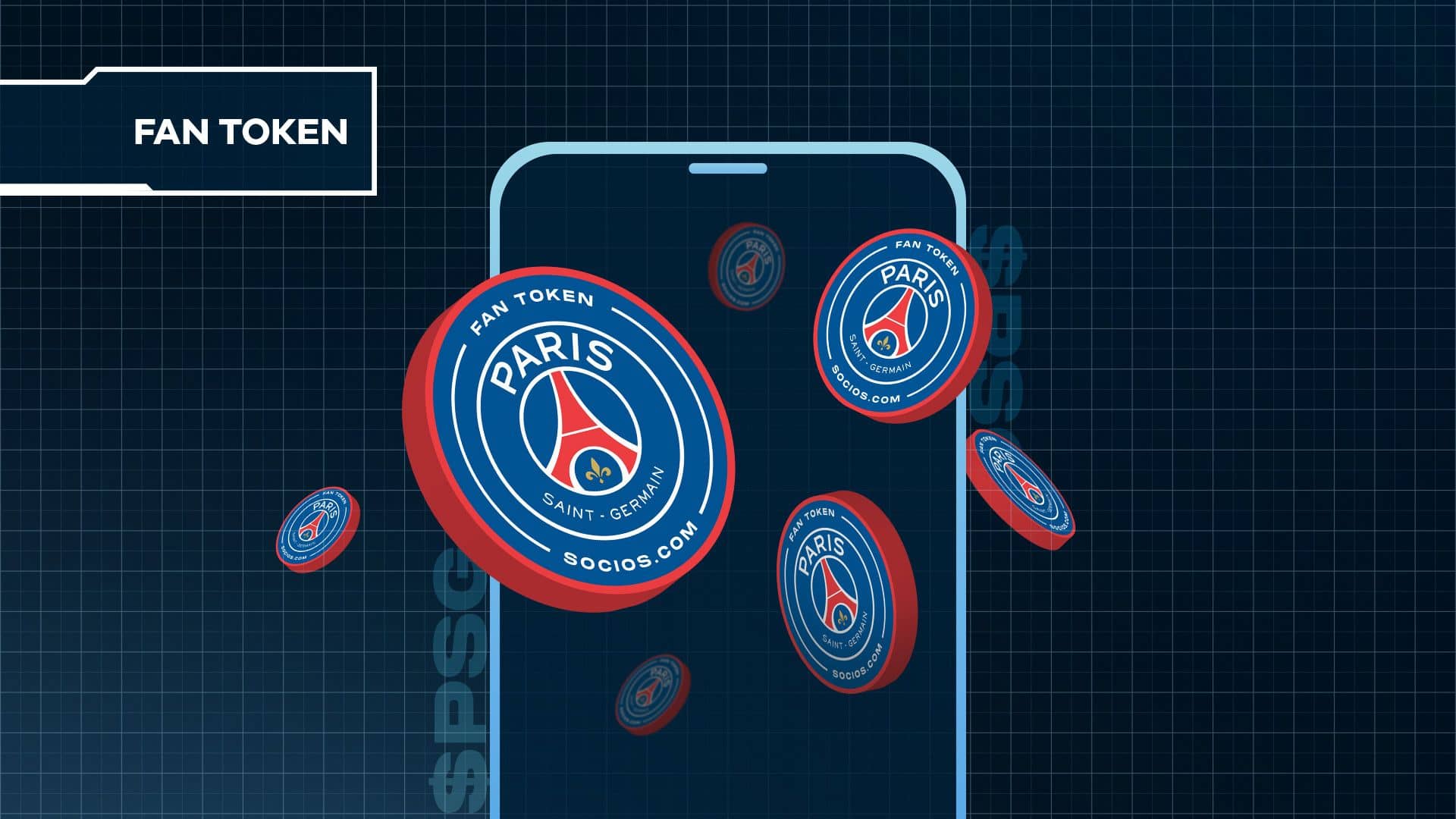Paris Saint-Germain Breaks Ground as the First Football Club to Validate Blockchain
In a groundbreaking move, French football giant Pa

In a groundbreaking move, French football giant Paris Saint-Germain (PSG) has become the first major club in the world to validate blockchain technology for its internal operations successfully. This landmark achievement signifies an essential step towards increased transparency, efficiency, and fan engagement in the ever-evolving world of sports.
Paris Saint-Germain announced plans to become a network validator for the Chiliz Chain blockchain, which runs PSG altcoin. And for all those PSG fan token owners looking to diversify their holdings, here's a brief guide on where to buy altcoins.
Moving back to the subject, the PSG's recent announcement only showcases the potential of blockchain technology in revolutionizing the sports industry. This topic has been widely discussed among countless football enthusiasts.
While some fans disapprove the crypto and football intersect, the fact is that blockchain, a decentralized and secure ledger system, could offer numerous advantages, including:
- Enhanced security – Blockchain's inherent immutability ensures that data stored on the ledger cannot be tampered with, safeguarding sensitive information such as player contracts, financial records, and ticketing data.
- Increased transparency – By providing a transparent and immutable record of transactions, blockchain fosters trust and accountability within the ecosystem. Fans, sponsors, and other stakeholders can access verifiable data, promoting greater transparency in club operations.
- Streamlined operations – Blockchain technology can automate various administrative tasks, streamlining processes and reducing operational costs. For example, smart contracts can automatically execute player transfers or merchandise sales upon fulfilling predefined conditions.
- Improved fan engagement – Blockchain opens doors to innovative fan engagement opportunities. Clubs can leverage blockchain to create fan tokens, granting exclusive access to content, voting rights, or merchandise discounts.
PSG's pioneering move to validate blockchain technology signals a bold step towards harnessing these potential benefits. While the specific applications of blockchain within PSG's operations remain undisclosed, the club's official statement highlights its commitment to exploring the technology's potential to "improve efficiency, transparency, and the fan experience."
While the long-term impact of PSG's decision remains to be seen, it undoubtedly marks a pivotal moment in the intersection of sports and technology. Here are some potential areas where PSG could leverage blockchain:
- Ticketing – Blockchain-based ticketing platforms can eliminate scalping and ensure the authenticity of tickets, offering a more secure and efficient experience for fans.
- Fan tokens – PSG fan tokens could grant holders exclusive access to merchandise discounts, voting rights on club decisions, or VIP experiences.
- Supply chain management – By implementing blockchain in its supply chain, PSG can track the provenance of merchandise and ensure ethical sourcing practices.
- Player transfers – Blockchain could streamline player transfers by facilitating secure and transparent transactions between clubs.
- Player salaries – PSG players could potentially receive salaries in crypto. A similar case occurred during Messi’s transfer to the Princes Park, whose $41 million worth wage package included the club’s native tokens as well.
PSG's foray into blockchain technology is being closely watched by other clubs, leagues, and sports organizations worldwide. The success of this implementation could encourage widespread adoption and pave the way for a more transparent, secure, and fan-centric future for the sports industry.
It's important to note that this is a nascent technology, and its implementation within complex organizations like football clubs presents challenges. Concerns regarding scalability, regulatory frameworks, and integration with existing systems need to be addressed.
However, PSG's pioneering effort serves as a testament to the potential of blockchain in transforming the way sports are managed and experienced. As the technology progresses and its applications are further refined, we can expect to see even more innovative and impactful use cases emerge in the years to come.







